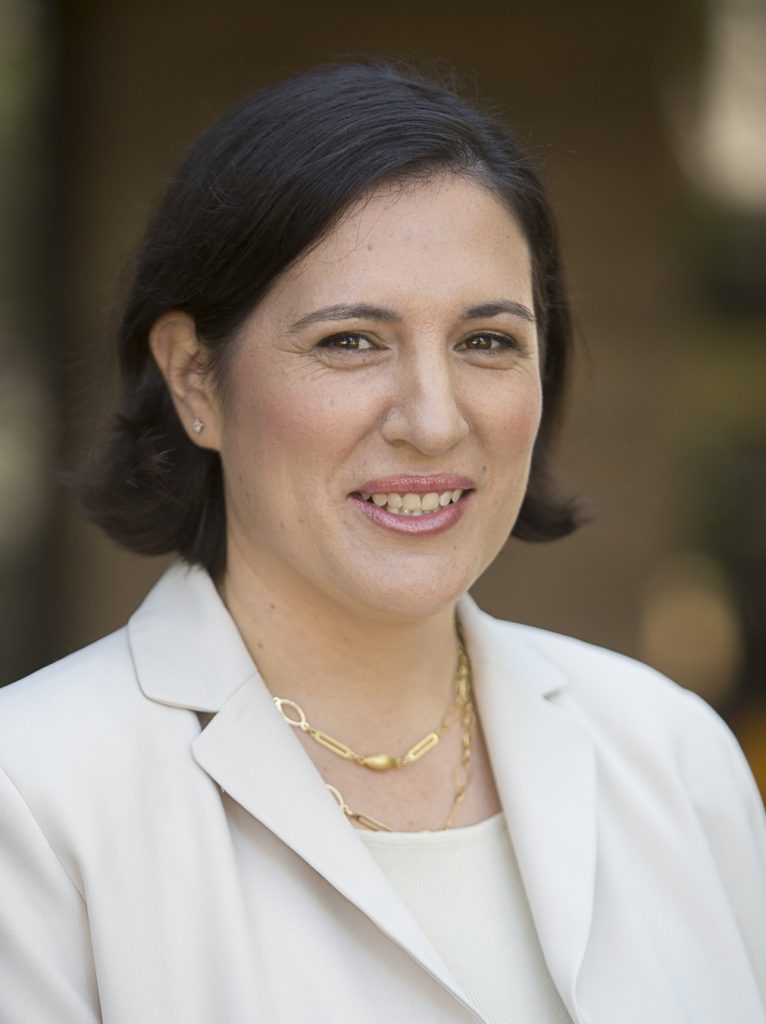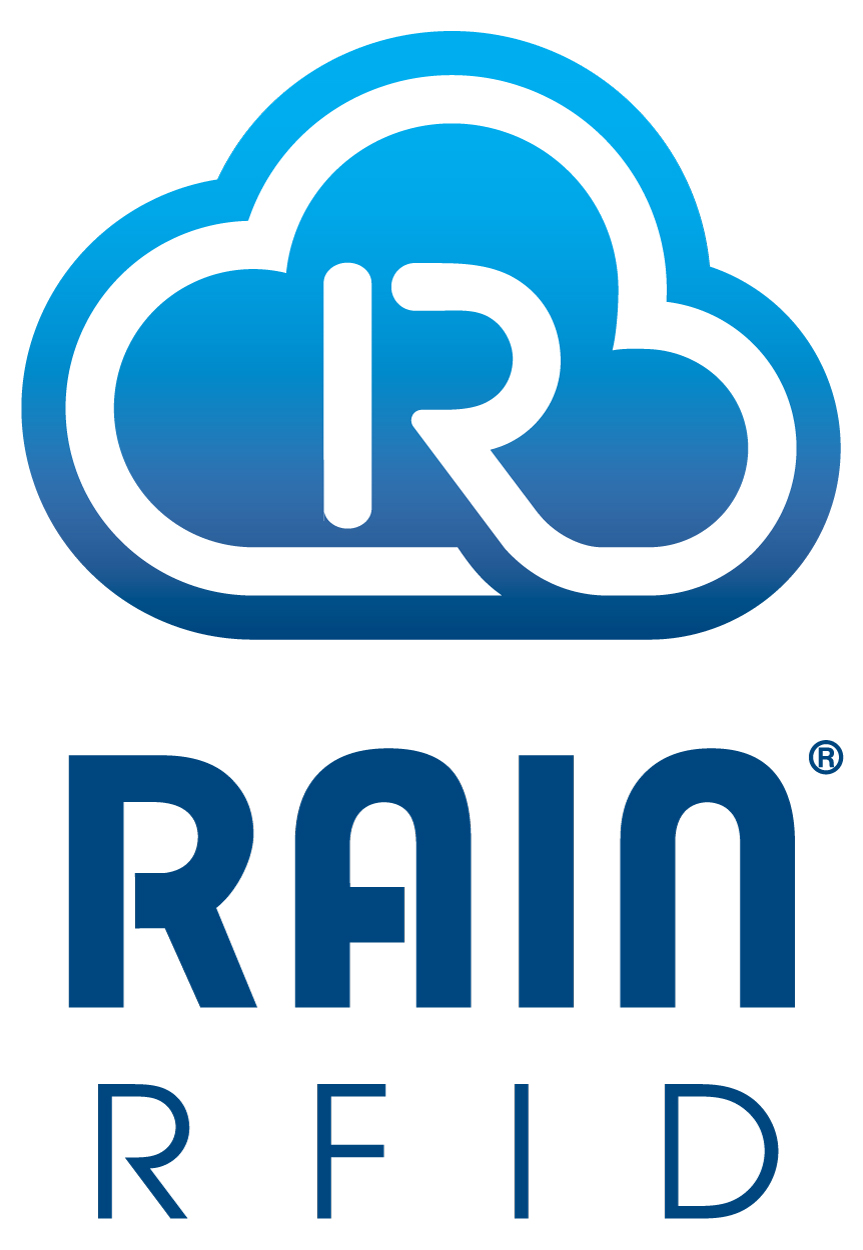Workshop: The Technological Trajectory of RFID, from Objects to Subjects
For the last 15 years Katina Michael has been studying the application and potentiality of humancentric radio-frequency identification (RFID). This is the potential for RFID tags and transponders to be worn or attached to the subdermal layer of the skin through implantation. The distinction is made between RFID implants and other microcircuitry embedded beneath the skin for medical and non-medical applications. Michael’s PhD in 2003 focused on automatic identification techniques for both non-living and living things, and socio-technical issues which included environmental systems considerations.
Topics
This workshop will cover industry basics, such as:
- Historical trends: From implants for heart pacemakers and cochlear implants to the body modification sub-culture and recent trend towards biohacking
- Industry case studies of humancentric RFID applications inclusive of Digital Angel, the VeriChip Corporation, Baja Beach Club, Citywatcher.com, Positive ID, DangerousThings, EpiCenter
- User design issues with respect to humancentric RFID, incorporating the process of humancentric implantation, the place of implantation, and the pros and cons of the site of implantation for usability purposes
- The current FDA regulatory environment for humancentric RFID for health applications, antichipping legislation, and general socio-ethical guidelines in the domain of bodily integrity
- Perceived and real benefits, risks and costs of microchipping people
- Perceived barriers towards acceptance and adoption of humancentric RFID including privacy, security, trust, control, social, philosophical, cultural, religious issues
- A focus on military application, soldier consent, and social contract theory
- The potential for multiple layers of digital divide caused by augmentation
- The technological trajectory of RFID: from objects to subjects and the role of the science fiction genre
- The role of socio-ethics and human research ethics responsibility in the development, commercialisation and diffusion of new RFID technologies and applications.
The workshop Michael has designed is informed by primary evidence including transnational surveys between 2011 and 2013, key informant interviews of significant RFID implantation in a variety of contexts, secondary sources of evidence from government and regulatory reports, as well as studying implantee self-reporting on online sources and social media. Michael will employ the scenario-based technique to illicit interaction from participants using various RFID form factors. The workshop will be held like a typical focus group to ensure that an optimum level of discussion occurs during the process of learning.
The motivation for the workshop is not to propel the humancentric RFID industry forward but for industry leaders to understand the significance of transitioning from wearables to implantables and the accountability that goes with that from a user-centric design perspective. What humancentric RFID applications make sense, and why?
Speaker Biography
Michael has delivered a TEDx talk on microchipping humans in 2012, has interviewed key informants such as Kevin Warwick (Cyborg 1.0 and 2.0), Serafin Vilaplanin (Baja Beach Club), Gary Retherford (Citywatcher.com), Amal Graafstra (DangerousThings.com), and Christofer Toumazou (Toumaz Technologies). She was a panellist in the DeuxEx launch Mankind Divided, and is a well-known public speaker having presented at events like Australia’s IQ2, and Dangerous Ideas Festival at the Opera House. Her work has been cited in The Guardian, BBC News, ABC Science, The National Post, the Sydney Morning Herald, and Women’s Health. Michael is the editor-in-chief of IEEE Technology and Society Magazine, and senior editor of IEEE Consumer Electronics Magazine. She is also Professor at the Faculty of Engineering and Information Sciences at the University of Wollongong where she is presently the Associate Dean – International. She is a senior member of the IEEE and is active in the Society for the Social Implications of Technology (SSIT) and also the IEEE Council on RFID (CRFID).







